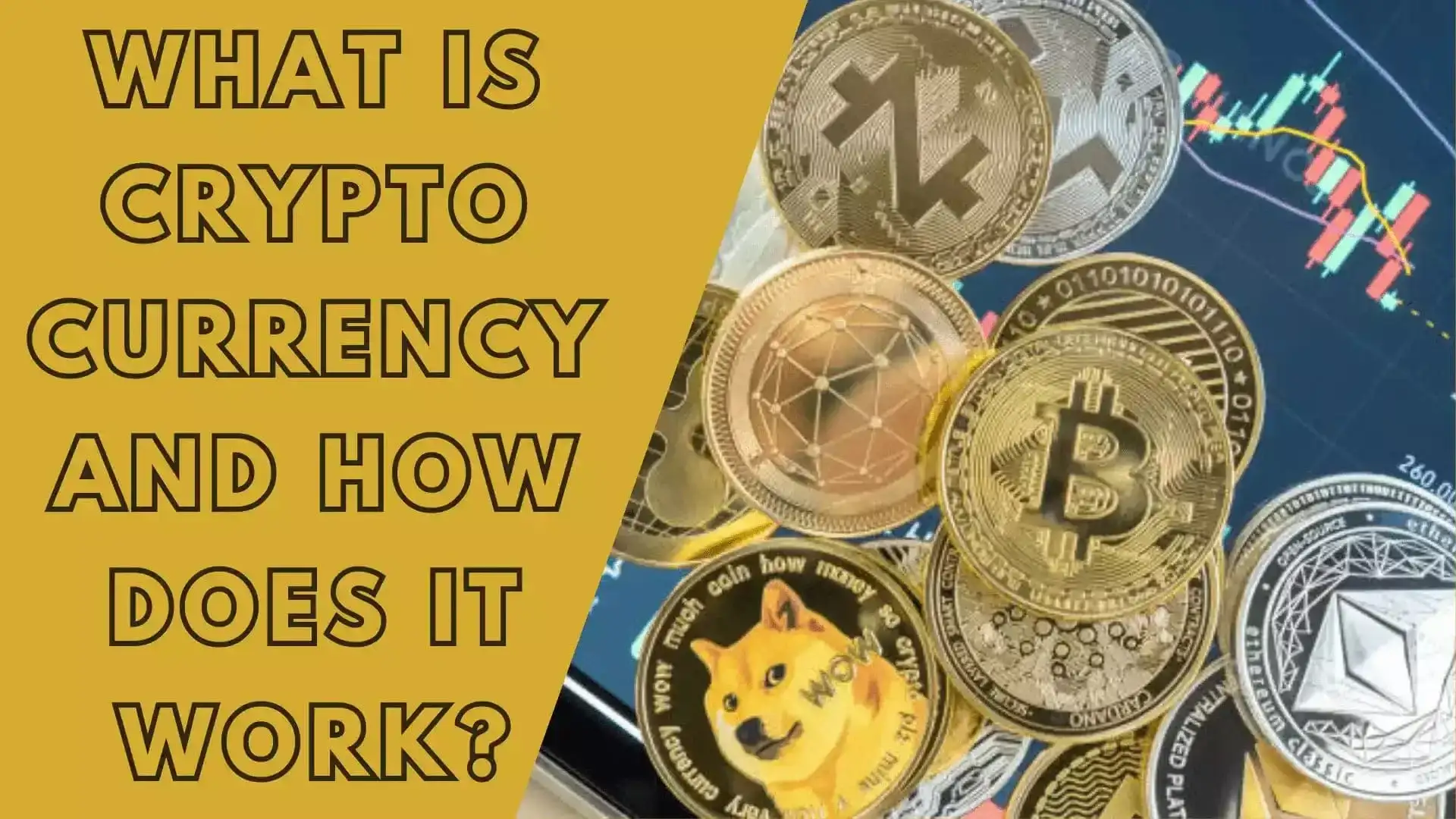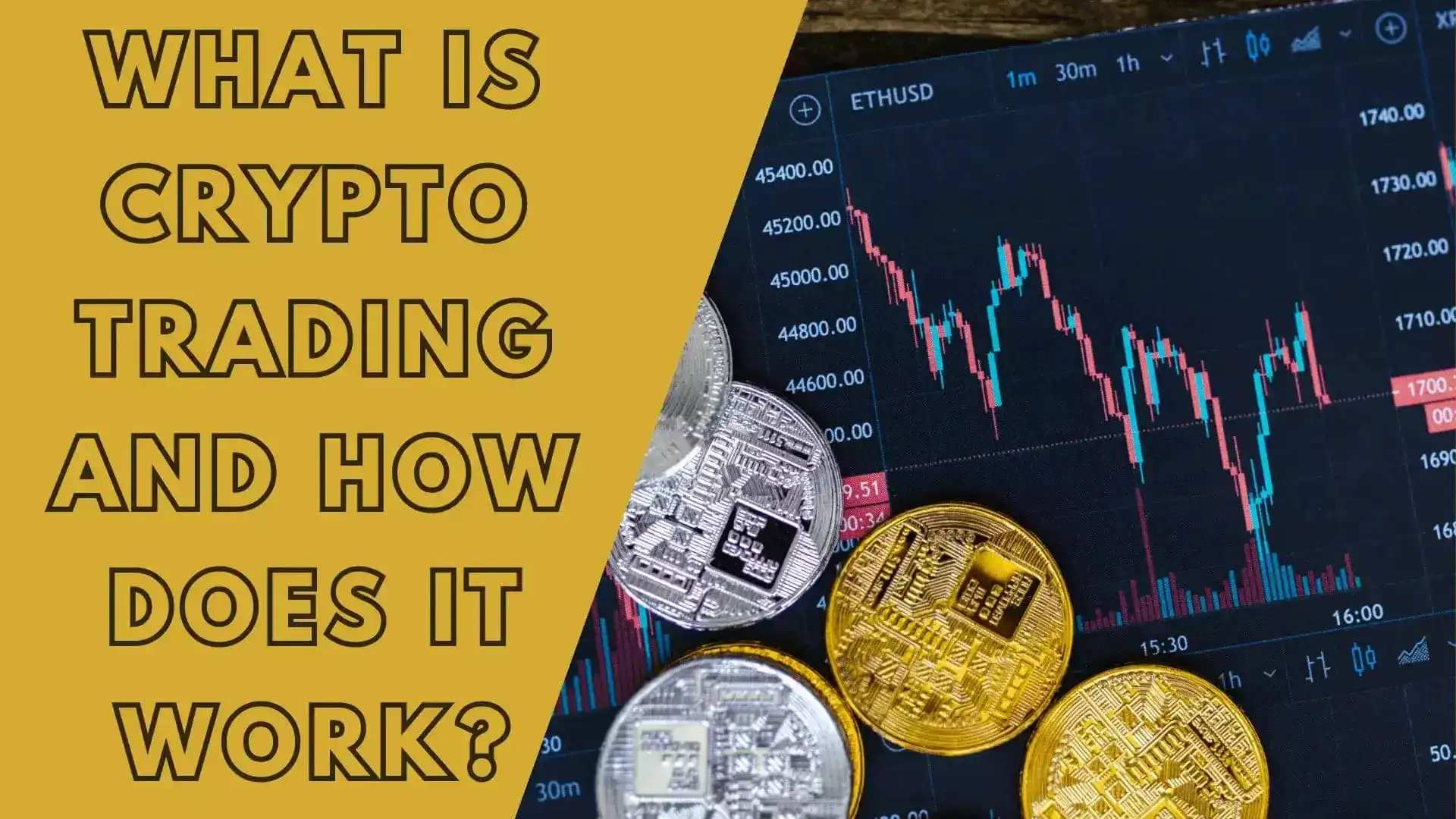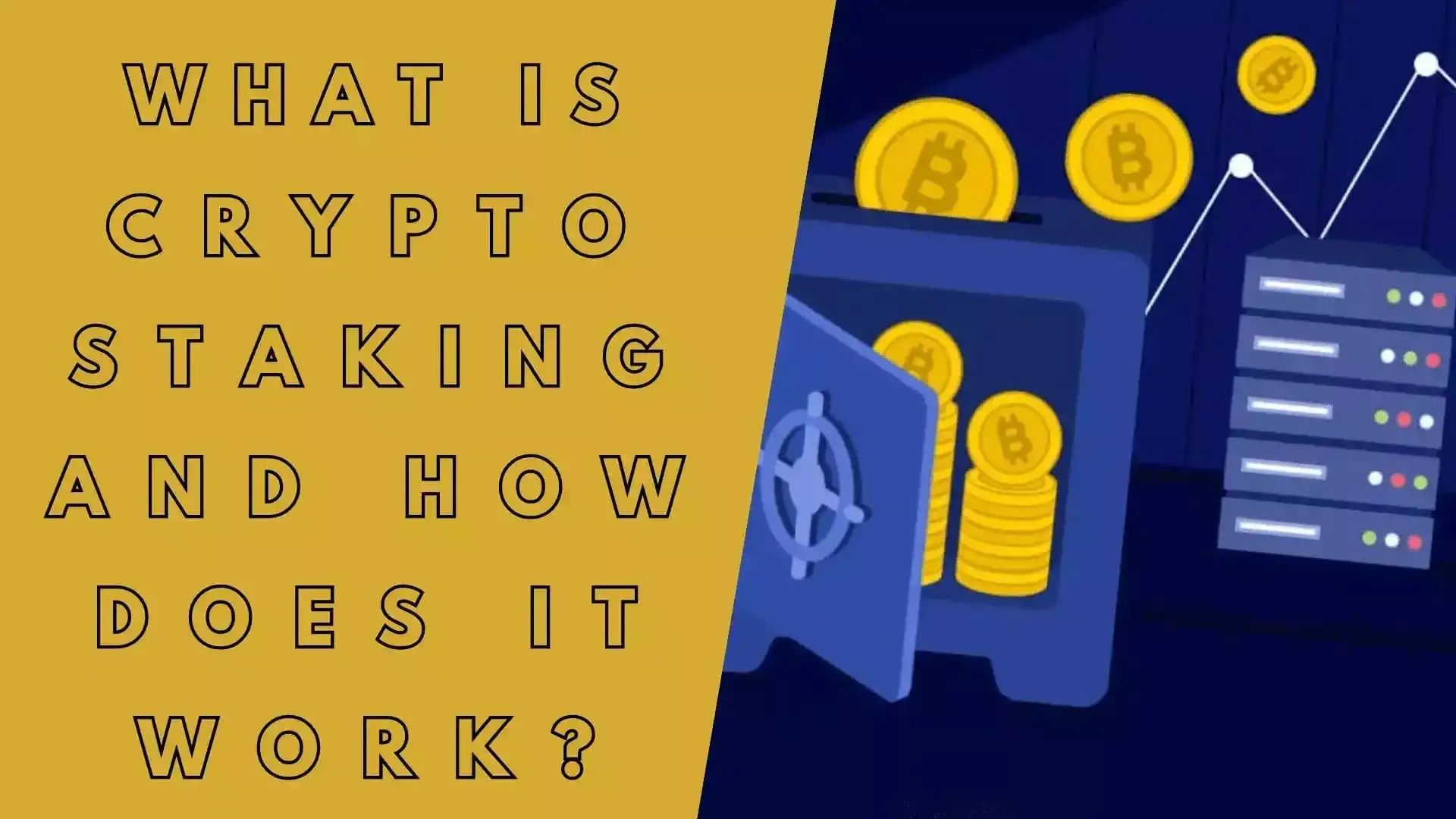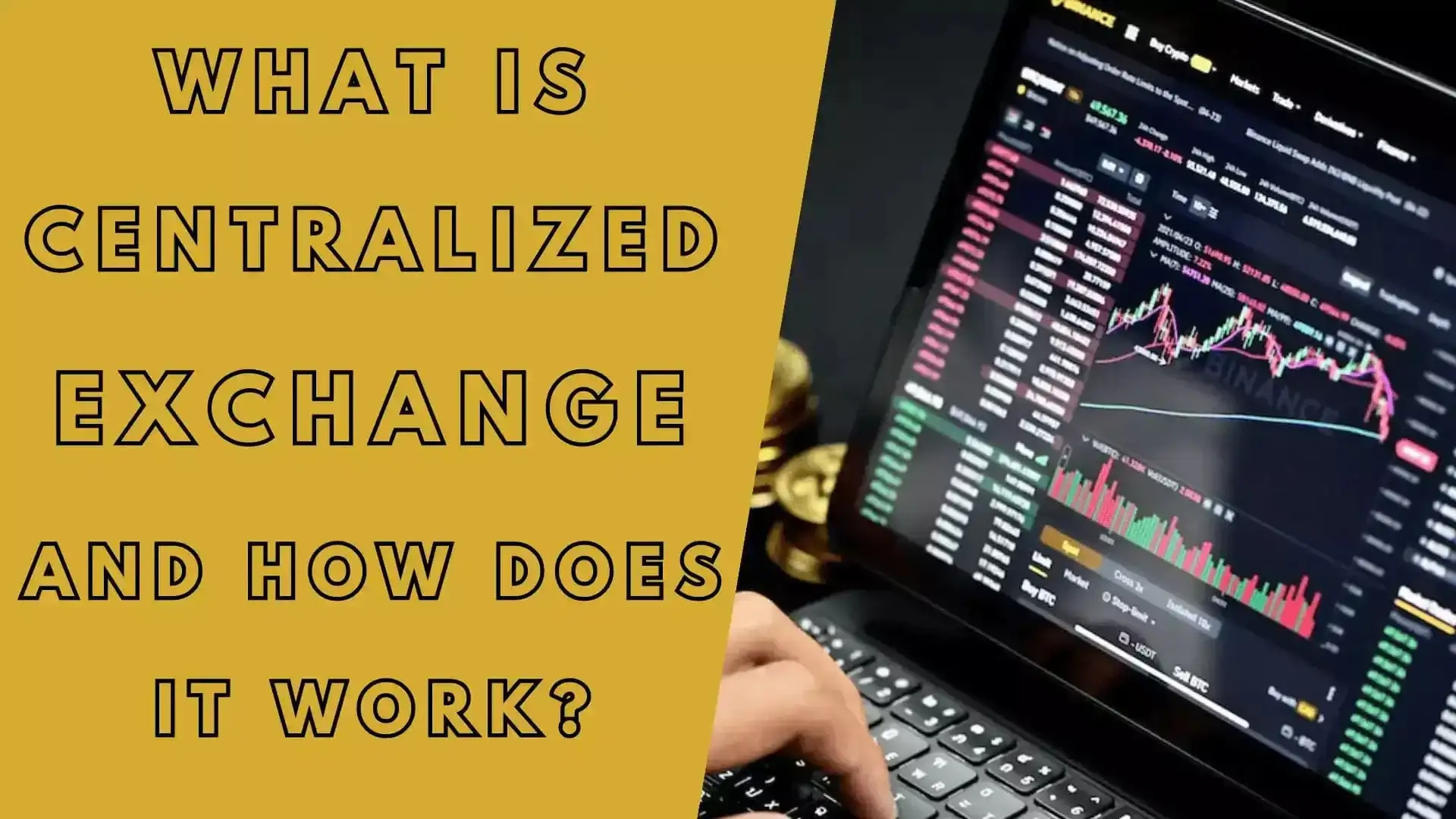What Is a Decentralized Exchange (DEX)?
A Decentralized Exchange (DEX) is a type of cryptocurrency exchange that operates without a central intermediary or authority. Unlike traditional centralized exchanges (CEX), which are controlled by a single entity and require users to deposit their funds on the exchange's platform, DEXs facilitate peer-to-peer trading directly between users' wallets.
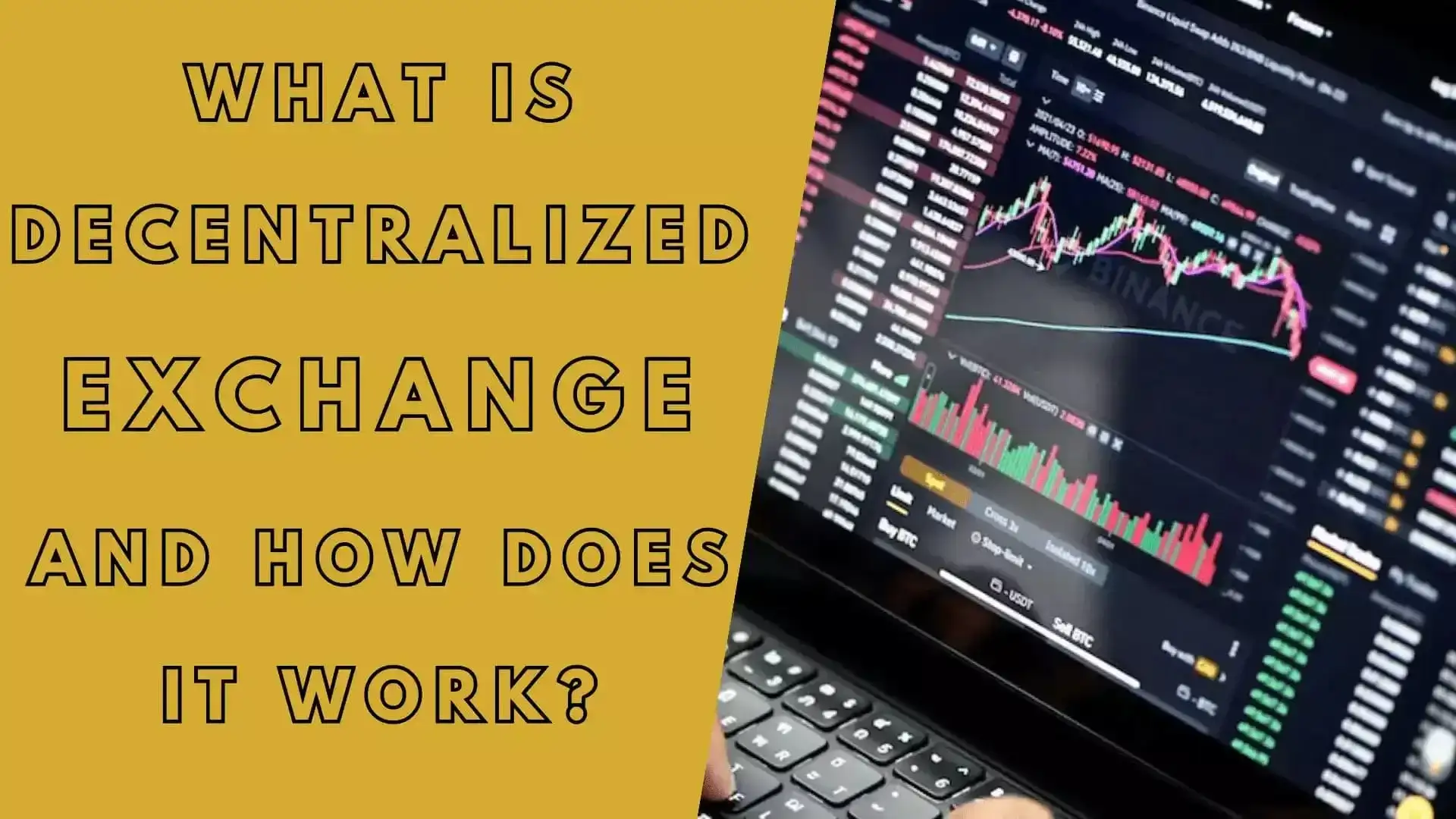
Posted on 30 Aug 2023
Key characteristics of decentralized exchanges include:
- Non-Custodial: Users retain control of their private keys and funds, eliminating the need to trust a centralized entity with their assets. Trades occur directly from users' wallets.
- Peer-to-Peer Trading: DEXs enable users to trade directly with each other in a trustless manner, using smart contracts to execute and settle trades without the need for an intermediary.
- Privacy and Anonymity: DEXs often allow users to trade without the need for extensive personal information, providing a higher degree of privacy compared to centralized exchanges.
- Reduced Counterparty Risk: Since trades occur directly between users' wallets and are secured by blockchain technology, the risk of the exchange itself being hacked or engaging in fraudulent activities is reduced.
- Liquidity Pools: Many DEXs use liquidity pools to facilitate trading. Users can contribute funds to these pools and earn a share of the trading fees generated, as well as participate in decentralized trading.
- Token Swaps: Some DEXs offer token swapping services, allowing users to trade one cryptocurrency for another directly without having to go through an intermediary currency like Bitcoin or Ethereum.
- Decentralized Exchanges: Get Dex Exchanges
It's important to note that while DEXs offer numerous advantages, they also have some limitations, such as potentially lower liquidity and more complex user interfaces compared to centralized exchanges.
